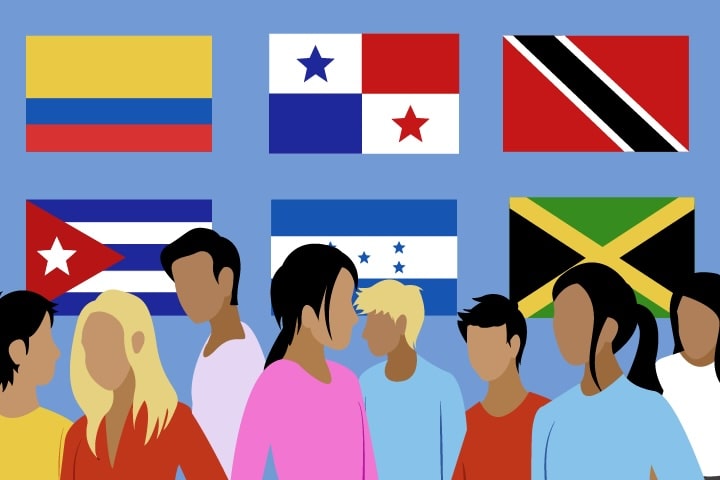Research shows that members of the Latinx community face higher rates of mental health issues such as depression, anxiety, and PTSD. However, despite the increasing need for mental health care, studies reveal that only 35% of Latinx adults with mental illness receive treatment, compared to the national average of 46%(NAMI)(MI Blues Perspectives). Why is this the case?
What are the Barriers to Seeking Help?
- Stigma and Cultural Perceptions: In many Latinx households, mental health struggles are seen as a weakness or as something that should be dealt with privately. There’s a tendency to dismiss conditions like anxiety or depression as mere stress or “nervios,” which can lead to underestimating the seriousness of these issues.
- Language and Accessibility: Language barriers remain a significant issue. For those primarily speaking Spanish, navigating a healthcare system that often lacks bilingual providers can be daunting. Additionally, there is a shortage of mental health professionals who understand the specific experiences and struggles within the Latinx community.
- Economic Challenges: Many Latinx individuals, particularly recent immigrants, face financial hardships. This includes a lack of insurance coverage, which makes mental health services inaccessible or unaffordable.
- Immigration and Acculturation Stress: Immigration-related trauma and the pressures of acculturation often exacerbate mental health struggles. Adjusting to a new country, learning a new language, and maintaining a cultural identity while adapting to societal norms can create significant psychological stress.

How Can We Shift the Narrative?: Healing and Empowerment
Despite these challenges, there is a growing movement within the Latinx community to normalize conversations about mental health. This shift is particularly evident in the younger generations who use social media to break the silence and share their experiences.
Celebrities and Mental Health Advocacy
Public figures like singer Demi Lovato and actor Gina Rodriguez have been open about their mental health journeys, helping to de-stigmatize the topic within the Latinx community. By speaking out, they show that it’s okay to seek help and that mental health is as important as physical health.
Popular Culture’s Role in Reducing Stigma
Movies and TV shows also play a crucial role in fostering mental health awareness. For example, shows like One Day at a Time portray a multigenerational Latinx family dealing with depression and PTSD. It offers representation that helps audiences see themselves reflected in these stories. Several key moments in the show address mental health in a thoughtful and nuanced way:
- Penelope’s Depression and PTSD: As a single mother and army veteran, Penelope’s struggle with depression and PTSD is a core storyline. The show normalizes her seeking therapy and taking medication, something often stigmatized in Hispanic communities. Penelope’s openness about mental health helps start conversations about the importance of care and support.

- Lydia’s Dismissal of Mental Health: Penelope’s mother, Lydia, initially disregards mental health issues, which is common in older generations. Her traditional views reflect a reluctance to acknowledge psychological struggles, often labeling them as weaknesses. Over time, Lydia learns to understand and respect Penelope’s need for professional help, showing a generational shift.
- Elena’s Anxiety: As a young Latina navigating her sexual identity, Elena experiences anxiety. Her portrayal touches on the pressures teens face today, including societal expectations and personal insecurities. Her relationship with Penelope shows how family support can be crucial in managing anxiety.
- Dr. Berkowitz (Middle-aged white male): As Penelope’s boss, Dr. Berkowitz is a key ally of the show. His role is a positive example of cross-cultural understanding, offering support and compassionate advice without judgment. His relationship with the family demonstrates that mental health care transcends cultural boundaries, emphasizing professional help in overcoming stigma.
